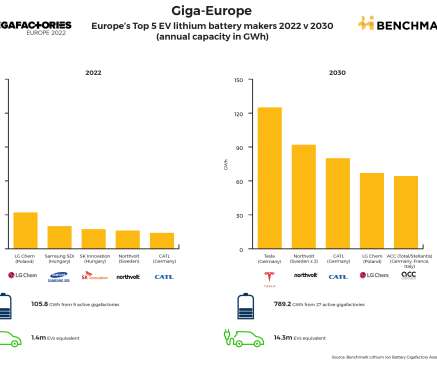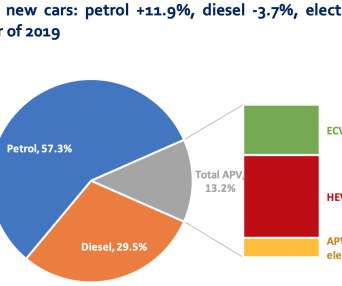Alstom and MOL to explore use of hydrogen technologies for rail transport in Hungary
Green Car Congress
DECEMBER 6, 2021
As part of its National Hydrogen Strategy, Hungary has been investigating the feasibility of introducing hydrogen technology to rail transportation. Alstom is a pioneer of hydrogen technology, having introduced the Coradia iLint to the German market in September 2018 ( earlier post ).












Let's personalize your content